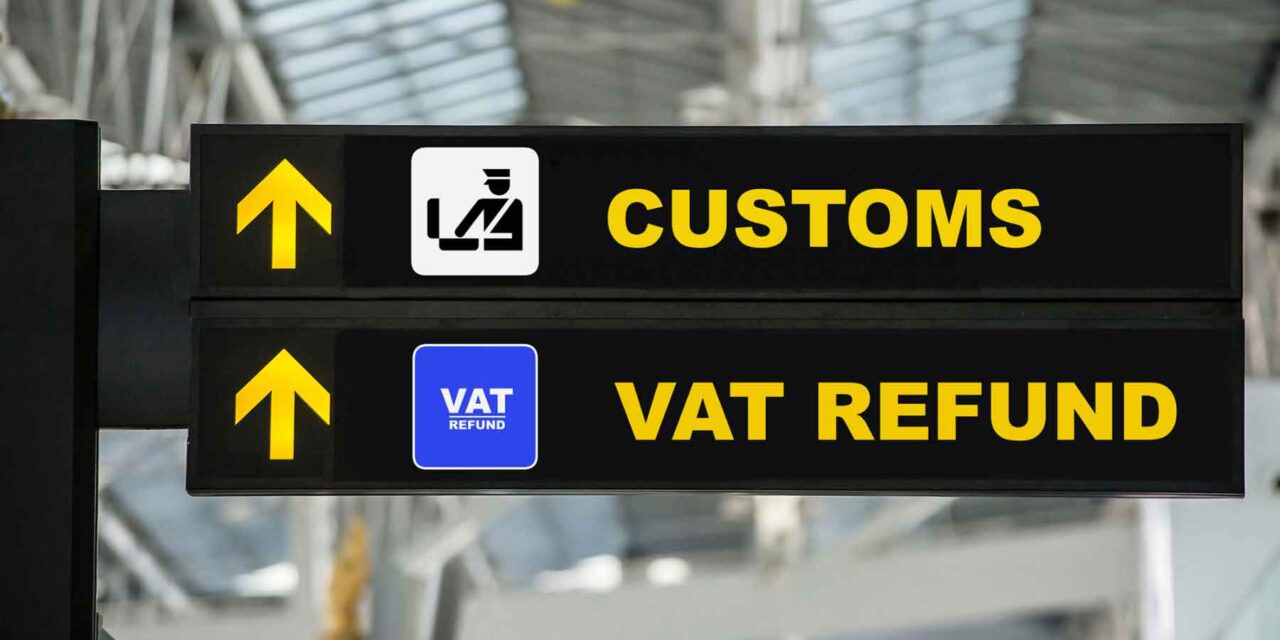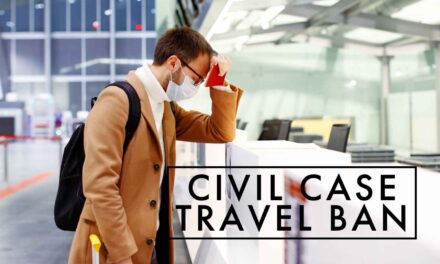As a frequent traveler, I’ve always been drawn to cities known for their shopping experiences, and there’s no place quite like Dubai. Known for its luxurious malls and bustling markets, Dubai offers a unique shopping experience that is made even more enticing due to its VAT-free shopping opportunities.
During my trips to Dubai, I’ve discovered that the tax-free environment allows for some fantastic savings on a wide range of products. When shopping in this magnificent city, I’ve often found myself in awe of not only the vast selection of items available but also the prices, which are often significantly lower than in other countries due to the absence of VAT.
In this article, I will share my experiences and tips on how to make the most of your tax-free shopping adventures in Dubai, from finding the best deals to navigating the process of receiving a tax refund as a tourist. By the end of this article, you’ll be well-equipped with the knowledge needed to maximize your savings and make your trip to Dubai a truly unforgettable shopping experience.
My Arrival in Dubai
As I stepped off the plane in Dubai, I was immediately struck by the impressive architecture and modern cityscape. The airport itself was spacious and well-organized, making the immigration and customs process a breeze. I collected my luggage and took a taxi to my hotel, which offered stunning views of the city.
One of the first things I wanted to explore in Dubai was its famed tax-free shopping scene. According to Visit Dubai, the city is known for its luxurious malls and boutique shops that offer a vast range of products without the additional Value Added Tax (VAT) that many other countries impose.
To make the most of this tax-free shopping opportunity, I began planning a few shopping excursions during my stay. I made a list of popular malls and shopping districts, such as:
- The Dubai Mall
- Mall of the Emirates
- Global Village
- The Gold Souk
I also learned that as a tourist, I can claim a VAT refund for many of the purchases I make in Dubai. The Federal Tax Authority provides detailed information on how to go about obtaining the VAT refund when visiting Dubai.
Understanding Dubai’s Tax-Free System
As an expat living in Dubai, I’ve always been intrigued by the city’s tax-free system. Although the UAE introduced a 5% value-added tax (VAT) in 2018, Dubai remains a relatively tax-friendly destination for both residents and visitors.
For expats like me, one of the key benefits is the possibility to earn a salary completely free of income tax in Dubai, as long as there are no other tax obligations in our home countries. This can make a significant difference in our take-home pay and overall financial situation.
Another aspect of Dubai’s tax-free system is the existence of Free Zones, which offer several incentives for businesses, such as 100% private ownership, tax exemptions, and capital repatriation. Companies registered in these zones are generally exempt from corporate taxes, albeit subject to certain unspecified requirements.
While shopping in Dubai, tourists can also benefit from tax-free purchases, subject to some conditions. The VAT paid on eligible goods can be refunded at the city’s malls, boutiques, and festivals, making it an attractive shopping destination for visitors from around the world.
However, it’s important to note that there are some taxes in place, such as the property taxes for tenants in different emirates of the UAE. For instance, residential tenants in Dubai pay 5% of their annual rent in rental tax, while in Abu Dhabi, expat tenants pay 3% property tax.
In summary, Dubai’s tax-free system offers several advantages for both residents and visitors, making it an attractive destination for expats and tourists alike.
Experiencing a Tax-Free Shopping Spree
As I wandered through the bustling malls of Dubai, I was amazed by the array of tax-free shopping options available. It felt as if every store I entered offered an incredible deal, with prices significantly lower than those back home.
During my shopping spree, I discovered that one of the key factors contributing to this tax-free environment is the absence of VAT (Value Added Tax) on most products. This allows shoppers like me to enjoy substantial savings on both high-end and everyday items.
I began my shopping adventure at the iconic Mall of the Emirates, where I found an extensive selection of fashion, electronics, and luxury brands, all at unbeatable prices. With over 630 retailers, there was no shortage of potential purchases for my tax-free spree.
To further enhance my experience, I downloaded a helpful tax-free shopping app, which allowed me to locate participating stores and easily claim my refunds with just a few taps on my phone.
By the end of my shopping excursion, I had filled my bags with treasures both large and small. The tax-free environment in Dubai is truly a shopper’s paradise, and I relished every moment of my shopping spree.
Impact on Business and Investments
As a business owner in Dubai, I am closely monitoring the introduction of the corporate tax and its potential effects on the local business community and investment climate. In this section, I will share my insights and analysis of the impact of this tax reform on businesses and investments in Dubai.
One of the immediate concerns for entrepreneurs and investors like myself is the possibility of increased operational costs due to the implementation of the corporate tax. While the tax rate is yet to be announced, even a modest tax burden could alter business strategies and investment decisions in the region.
Another key aspect to consider is how the tax reform might affect Dubai’s competitive advantage as a global business hub, given that its tax-free status has been an attractive factor for international investors and companies. It will be essential for the government to strike a balance between generating revenue through taxation and maintaining its reputation as a business-friendly destination. This could be achieved through a number of measures, such as offering tax incentives or exemptions to target industries and companies.
In order to adapt to the new tax environment, businesses like mine will need to revisit their financial planning and forecasting to factor in the potential costs of this new tax reform. Implementing an effective tax strategy will be crucial for maintaining the profitability of our operations, as well as preserving our ability to reinvest capital for growth and expansion.
Living in a Tax-Free Environment
As someone who lives in Dubai, I can attest to the benefits of residing in a tax-free environment. There’s a sense of financial freedom that comes with not having to worry about income tax or other direct personal taxes, allowing us to save and invest more of our hard-earned income.
The VAT refund for tourists introduced in recent years does add a layer of indirect taxation, but the overall burden remains relatively low compared to many other countries. This has a positive impact on the cost of living and encourages consumer spending, boosting the local economy.
Furthermore, the lack of direct taxation on personal income has made Dubai an attractive destination for expatriates seeking better financial opportunities. With people from diverse backgrounds and professions arriving in droves, the city has become a melting pot of cultures, contributing to an exciting social scene and enriching the overall quality of life.
Comparing Dubai to other Tax-Free Destinations
As someone who has explored various tax-free destinations, I would like to share my insights on how Dubai compares to other tax havens. Dubai, being a part of the UAE, is known for its attractive tax policies for both residents and businesses. The absence of personal income tax and the opportunity for tax-free shopping make it a popular choice.
Other tax-free destinations, such as Bermuda and the Cayman Islands, also offer lucrative tax advantages. Both of these islands are known for their zero income tax, wealth tax, and zero capital gains tax. However, Dubai sets itself apart with its extensive shopping options, breathtaking infrastructure, and lively city life.
In terms of business incentives, Dubai’s no limitations on repatriation of profits and the accessibility of international markets through its world-class ports and transportation networks make it a more attractive destination for companies. It’s worth noting that in comparison, Dubai has introduced a Value Added Tax (VAT) of 5% on goods and services, a small trade-off for the numerous benefits the city offers.
Tax advantages comparison:
| Location | Personal Income Tax | Corporate Tax | Capital Gains Tax | VAT |
|---|---|---|---|---|
| Dubai | 0% | Varies* | 0% | 5% |
| Bermuda | 0% | 0% | 0% | None |
| Cayman Islands | 0% | 0% | 0% | None |
*Corporate tax varies depending on the specific sector and jurisdiction within the UAE.
Despite the introduction of the VAT in Dubai, I still find it to be a competitive location compared to other tax-free destinations. The unmatched lifestyle, access to global markets, and growing business opportunities outshine the marginal tax compromise making it my top choice among tax-friendly countries.
Conclusion
In the past, Dubai has been known as a tax-free haven, attracting businesses and individuals from around the world. However, the introduction of the first-ever corporate taxes in the UAE has changed the landscape for businesses operating in the region.
Although these changes may seem surprising, they represent a strategic move by the UAE government to diversify its revenue streams and align with international tax practices. It is essential for businesses and individuals to stay informed about these changes and adapt their financial strategies accordingly.
In light of the new tax laws, some might question if Dubai still holds its tax-free allure. While the introduction of corporate taxes might alter the perception, it is worth noting that the UAE still offers an attractive business environment with low tax rates compared to other jurisdictions.
As the tax landscape continues to evolve, it is vital to stay informed and engage professional advice when navigating this complex area. By remaining vigilant and adaptable, businesses and individuals can continue to thrive in Dubai’s dynamic economic ecosystem.

























